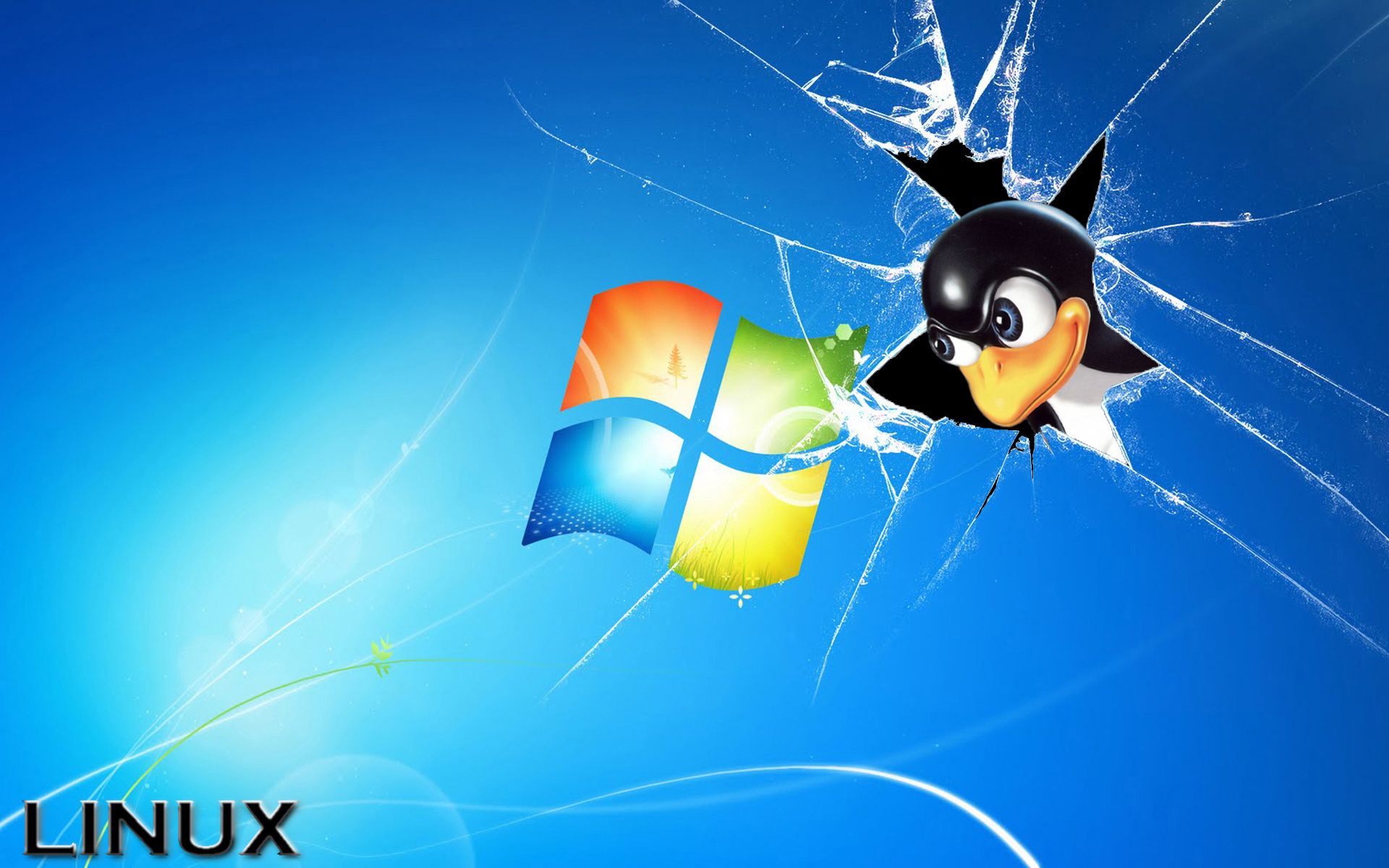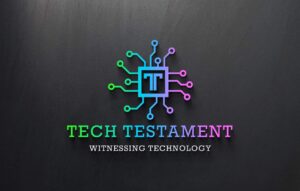
Navigating the Minefield: Confronting Disinformation in the Digital Age
In an era defined by the unprecedented availability and exchange of information, the proliferation of disinformation and conspiracy theories has become a formidable issue. This challenge is magnified by a collective unpreparedness for the mass information age—a time when the ability to discern the credibility of information is more crucial than ever. Unfortunately, the general populace has not been sufficiently equipped with the necessary skills to vet information effectively, leading to widespread vulnerability to manipulation.
Information has become the most dangerous weapon on the planet. Those with intentions to manipulate understand this well and exploit it by taking advantage of the diminishing attention spans observed in society today. This decline is largely facilitated by the constant use of cell phones and other electronic devices, which not only distract but also train the mind to be less engaging, creating a society with a shorter attention span and a reduced propensity for deeper investigation and fact-checking.
Moreover, the potential of information to build bridges and strengthen bonds between different peoples and cultures is being compromised. Instead, it is used as a strategic component in warfare, tearing apart the very fabric of societal cohesion. A striking example of this tactic can be seen in the actions of Vladimir Putin. He has adeptly mastered the use of information as a tool of statecraft, leveraging algorithms that feed people content that confirms their existing beliefs and biases, thereby keeping them engaged in echo chambers.
Putin’s strategy also capitalizes on the potency of negative emotions. Hate and anger are more engaging and thus more frequently exploited in disinformation campaigns than messages promoting love and compassion. This manipulation not only stokes division but also entrenches it, making reconciliation and understanding increasingly difficult.
As a professional in the field of information technology, I witnessed firsthand the dangers associated with this misuse of information. The urgency to address this crisis cannot be overstated. We, as a global community, need to reorient the trajectory of our technological advancements. The objective should be to promote an ecosystem that fosters critical thinking, nurtures humane values, and prioritizes the truth.
Deeper Insights into the Consequences of Disinformation
Psychological Impact: The constant influx of information places a heavy cognitive load on individuals, leading to decision fatigue and reduced critical thinking capacities. This vulnerability can be exploited by those who spread disinformation, as fatigued minds are less likely to question the veracity of the information they encounter. Emotional contagion on digital platforms further complicates the landscape, allowing fear, misinformation, and panic to spread at an unprecedented rate.
Ethical Considerations: The age of digital information challenges our conventional understanding of truth and responsibility. With each individual having the power to publish and spread information widely, the lines between fact, opinion, and misinformation blur. This raises critical ethical questions: What responsibilities do platform providers, content creators, and consumers of media have? How do we balance free speech with the necessity of protecting society from harmful misinformation?
Technological Determinism vs. Human Agency: This ongoing debate addresses whether technological advancements dictate social change or whether society shapes how technology is used. It’s essential to recognize that while technology can influence behaviors and social structures, individuals and communities still have the power to use technology in ways that reflect ethical values and promote the common good.
The Economics of Attention: The business models of many social media and tech companies are fundamentally based on capturing and monetizing user attention. This economic imperative often results in algorithms that prioritize engagement over accuracy, encouraging sensational or polarizing content. This model not only misshapes perceptions but also undermines democratic discourse by prioritizing clicks over quality conversations.
Political Manipulation and Autonomy: Information is a powerful tool in shaping political opinions and outcomes. The manipulation of information can undermine democratic processes by influencing elections, swaying public opinion, and destabilizing trust in institutions. Ensuring the autonomy of individuals in their political decisions requires a concerted effort to protect the integrity of information and promote transparency.
Cultural Shifts: Rapid changes in how we consume information are inevitably affecting cultural norms and societal values. These shifts impact everything from education systems, which must evolve to teach new literacies, to interpersonal relationships, which are increasingly mediated through digital platforms. The erosion of trust in traditional expertise and authority is one significant consequence, leading to a more fragmented and polarized public.
Global vs. Local Narratives: The global reach of digital platforms means that local issues often get submerged beneath dominant global narratives. This can distort public understanding of local realities and priorities, potentially leading to disengagement or inappropriate responses to local challenges.
In conclusion, addressing the challenges posed by disinformation requires a multifaceted approach involving education, technological innovation, ethical guidelines, and robust regulatory frameworks. If we fail to tackle these issues effectively, we risk not just the integrity of our information ecosystem, but the very essence of our humanity and humility.




